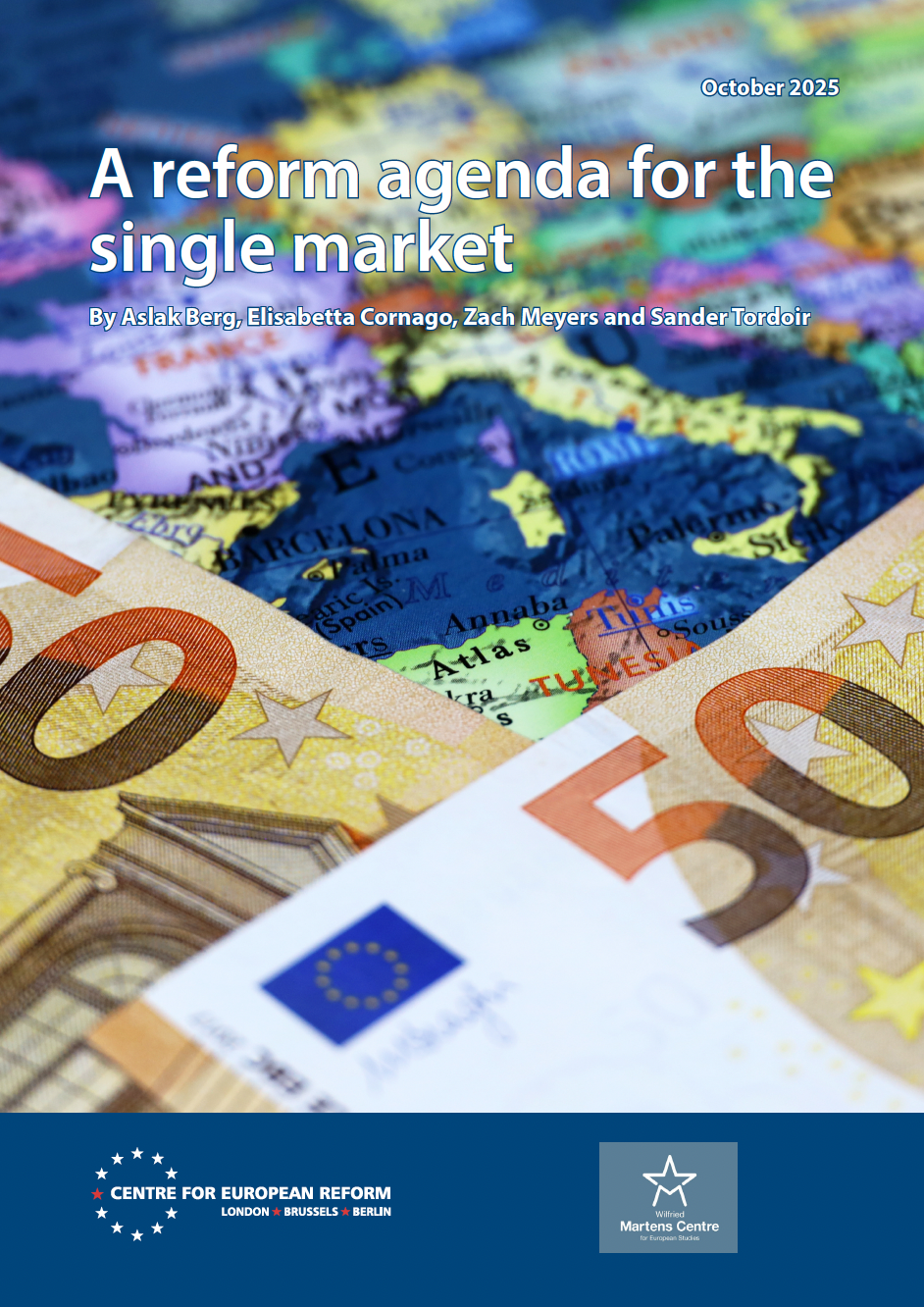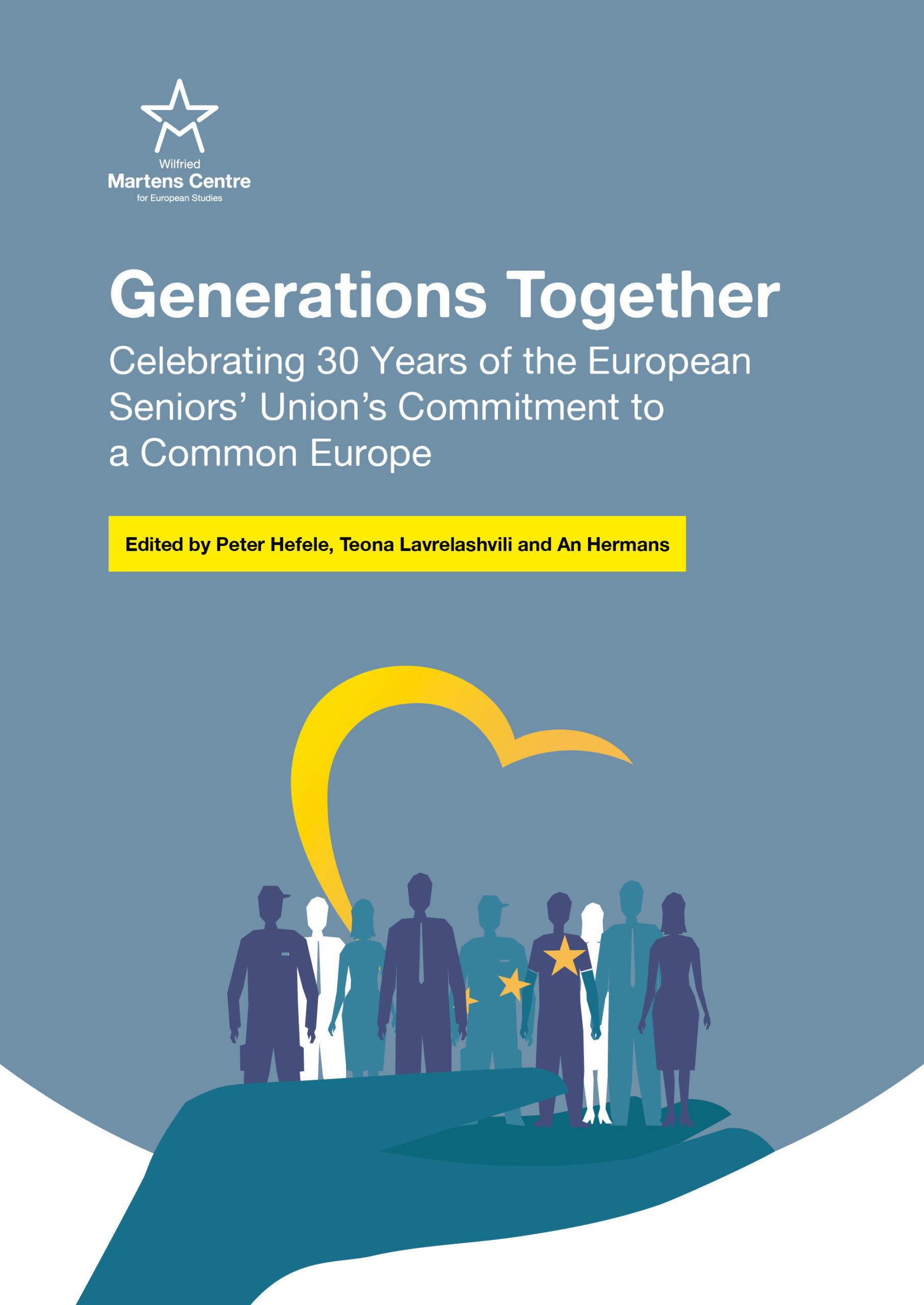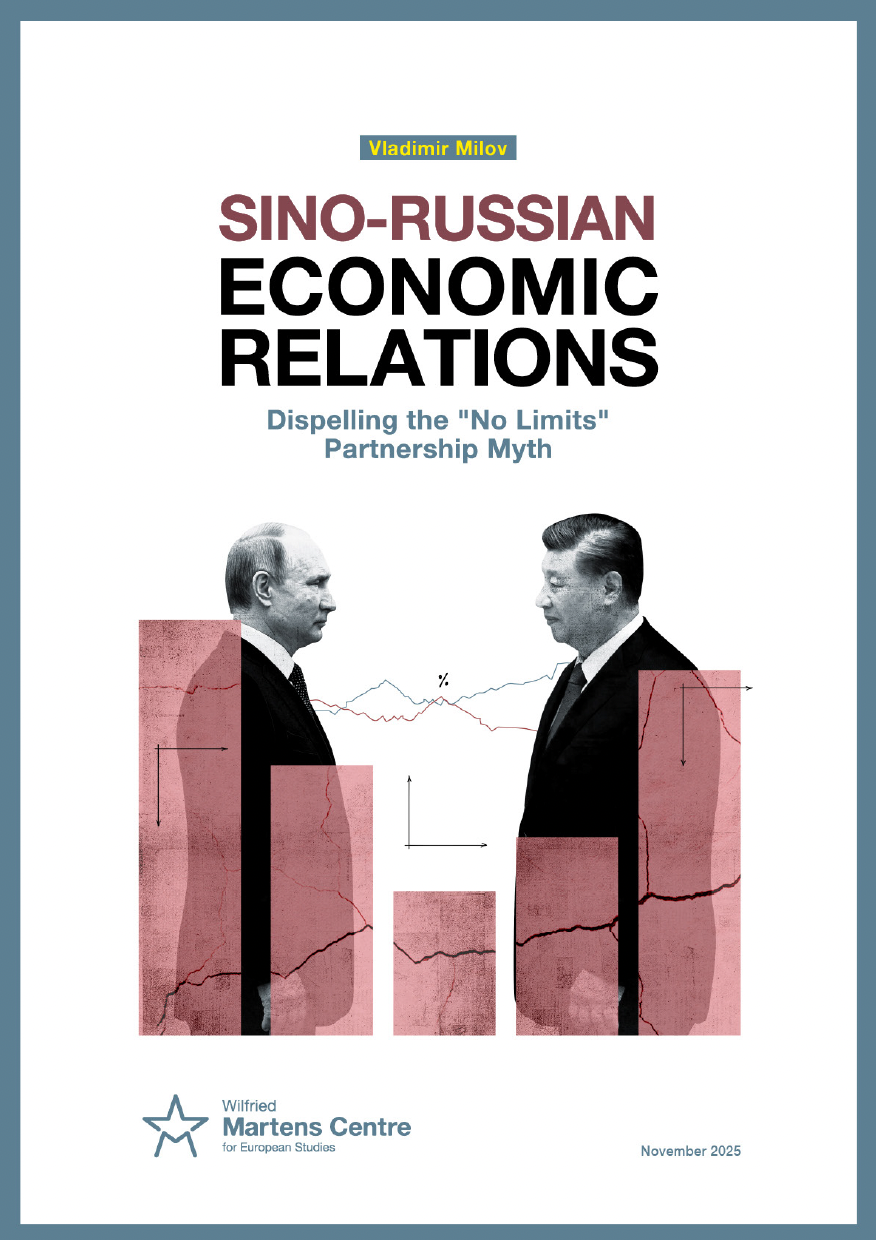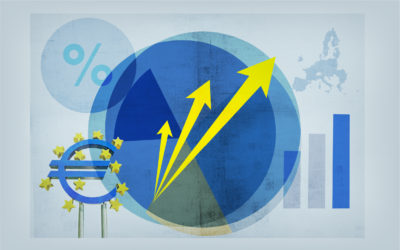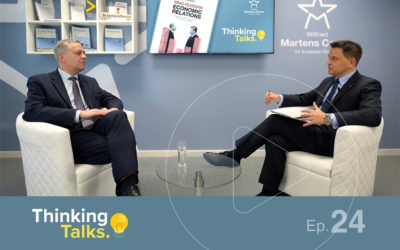Perils for the US in a slow and faltering economic recovery
19 May 2020
The view of the chair of the Federal Reserve in the United States – Jay Powell – that “for the economy to fully recover, people will have to be fully confident. And that may have to await the arrival of a vaccine” belies the stark economic realities facing the US economy over the next 12 to 18 months.
For the United States – an economy where consumer spending accounts for over 70% of its activity – the risks of a long, slow, grinding economic recovery are immense. Multi-trillion dollar Federal support programmes for workers and businesses will never fully replace the absence of comprehensive social supports at state level, nor full-time employment income.
With unemployment at rates not seen since the Great Depression, an uncoordinated public health response at federal level and increasing political polarisation it is clear that American companies and workers will require more trillion dollar support packages in the future. The immediate economic consequence is obvious. By the end of 2021, the US will have a federal debt to GDP ratio much closer to Greece than to Germany.
The enthusiasm of many US Governors to reopen their states as quickly as possible (regardless of public health advice) will not supply the economic adrenaline shot so desperately desired by many policymakers in Washington. Even the most minimal of social distancing requirements will reduce consumption across almost all sectors of the US economy. In many sectors, such as hospitality, it will continue to have a disastrous impact for the foreseeable future.
Two further factors will further undermine the ability of the US to recover in the short term, regardless of states restarting economic activity. First, is the impact of the pandemic in reducing consumer confidence, particularly for those who are retired and most at risk from the Coronavirus.
These “baby boomers” are an important driver of consumption in the US. They are also heavily dependent on US federal payments (such as Medicare) and are hugely overexposed to US equities (37% of the US stock market is owned by retirement funds). This combination of health risk, federal transfers and stock market uncertainty will likely exacerbate, not alleviate, declining consumer confidence in the months and (possibly) years ahead.
Second, is the false hope that restarting the export economy will help restore jobs and confidence to huge swathes of the US economy. As we are already seeing across the US (and indeed globally) the restarting of production in industries such as automotive and aeronautical will be largely dependent on international demand. Boeing – a key US industrial champion – has already cut its employee numbers by 10% as it seeks to deal with the dramatic fall in demand for air travel. These cutbacks will be repeated across most other economic sectors. There will be no quick return to a 2019 “normal”.
But perhaps the biggest danger to prospects of a robust US economic recovery has been the dramatic politicisation of the federal support system.
In an unprecedented health crisis such as the Coronavirus, Europeans have long assumed that the US federal model of government would act as a stabilising force for the states hit worst by the pandemic. It was this “transfer union” which European economists believed signalled the superiority of the US model of currency union when compared to the disjointed and overly complicated Eurozone model.
And indeed the US federal government has provided trillions of dollars of relief to businesses and workers. But the political cost has been significant. And the long term economic damage may be incalculable.
Mitch McConnell’s stated aversion to “blue state bailouts” highlights just how politically tinged the U.S. federal system has become. “Well run states should not bail out poorly run states” has become the new mantra of President Trump. Solidarity is fast becoming another American rarity, just like balanced budgets and social mobility
But the very real danger for the US is that a politicised federal support system further deepens mistrust of central government and reduces the effectiveness of federal spending in limiting the damage to, and then restarting, the US economy.
During the Great Depression, the Detroit riots of unemployed Ford workers in 1932 so startled policymakers that it resulted in the swift development of a property-owning working class (facilitated by cheap federal mortgages). It is the societal model which still dominates in the US and in much of the world today. The point is that economic upheaval of the scale we are now experiencing will have far-reaching, and often unintended, economic and societal consequences.
Perils abound for the US in a slow, faltering and overly politicised economy recovery. Europe should take note.
ENJOYING THIS CONTENT?







